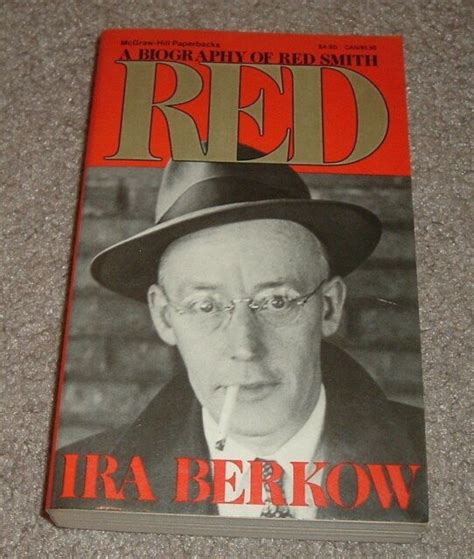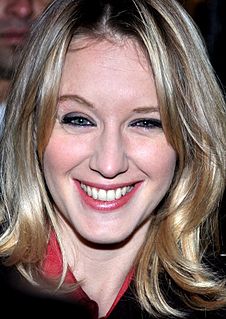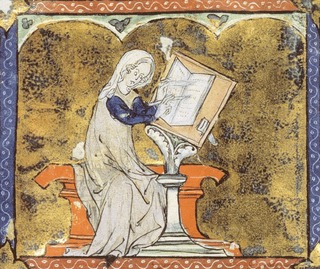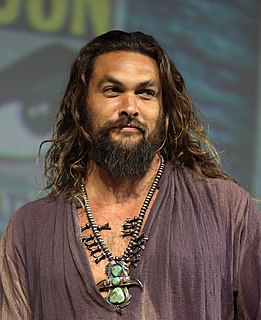A Quote by Red Smith
Now it is done. Now the story ends. And there is no way to tell it. The art of fiction is dead. Reality has strangled invention.
Related Quotes
The literature now is so opaque to the average person that you couldn't take a science-fiction short story that's published now and turn it into a movie. There'd be way too much ground work you'd have to lay. It's OK to have detail and density, but if you rely on being a lifelong science-fiction fan to understand what the story is about, then it's not going to translate to a broader audience.
It was good of Friedrich Nietzsche to declare God dead - I declare that he has never been born. It is a created fiction, an invention, not a discovery. Do you understand the difference between invention and discovery? A discovery is about truth, an invention is manufactured by you. It is man-manufactured fiction.
As an actress, I think I really understand that stage where you think you are picking reality in order to feed the fiction, but it happens to be the contrary. It's the fiction that suddenly feeds your reality. And you don't know how it has been done. That's the kind of magical transposition that is art.
A story is a way to say something that can't be said any other way, and it takes every word in the story to say what the meaning is. You tell a story because a statement would be inadequate. When anybody asks what a story is about, the only proper thing is to tell them to read the story. The meaning of fiction is not abstract meaning but experienced meaning.
Each day is born with a sunrise and ends in a sunset, the same way we open our eyes to see the light, and close them to hear the dark. You have no control over how your story begins or ends. But by now, you should know that all things have an ending. Every spark returns to darkness. Every sound returns to silence. Every flower returns to sleep with the earth. The journey of the sun and moon is predictable. But yours, is your ultimate ART.
...there is therefore now no condemnation for two reasons: you are dead now; and God, as the Lamb slain from the foundation of the world, has been dead all along. The blame game was over before it started. It really was. All Jesus did was announce that truth and tell you it would make you free. It was admittedly a dangerous thing to do. You are a menace. Be he did it; and therefore, menace or not, here you stand: uncondemned, forever, now. What are you going to do with your freedom?
You just did a whole read-through. The lie that brought us into war was that Iraq was a threat to us. Well, now it is a threat. Now it is a terrorist hotbed. The fiction is now reality. And now we have to deal with it. It was an attempt at a corporate takeover. This was about oil. It wasn't about human rights. It's not about human rights.
Technology adds nothing to art. Two thousand years ago, I could tell you a story, and at any point during the story I could stop, and ask, 'Now do you want the hero to be kidnapped, or not?' But that would, of course, have ruined the story. Part of the experience of being entertained is sitting back and plugging into someone else's vision.
It's difficult to make movies. For me it was easier, as a refugee in Switzerland, to make documentary films, because I didn't need a lot of money for it. The way I tell my story or my opinion would be very similar in both fiction and documentary forms. But I found I could speak more effectively to convey this brutal reality through documentary than I could through fiction.
Science fiction is a weird category, because it's the only area of fiction I can think of where the story is not of primary importance. Science fiction tends to be more about the science, or the invention of the fantasy world, or the political allegory. When I left science fiction, I said "They're more interested in planets, and I'm interested in people."
I always thought that art that is produced somehow has to reflect the zeitgeist or the ambiance and the time and the history in which it is produced. I think it's inescapable. It's like we look back now, at work done savoring the thirties, and you can almost tell it was done during that period of time. Now maybe, that's a style of period or something, I don't know. I think my work, or the things that interest me, come out of my reaction to history.

































